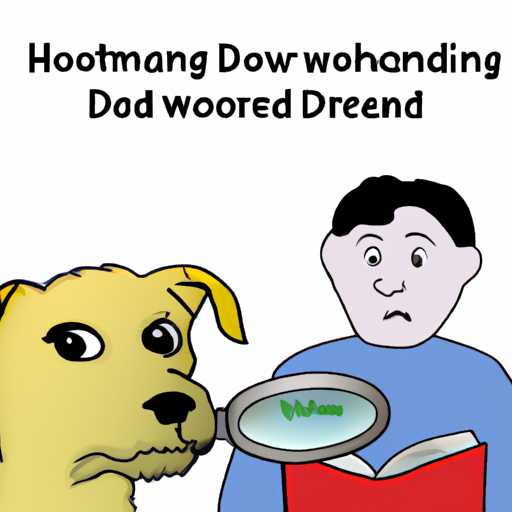Dog owners and caregivers, this is for you. Dealing with roundworms in your furry friends is no easy task. But, with the right knowledge and tools, you can ensure that your pet stays healthy and happy. Let’s explore this together.
Understanding Roundworms
Roundworms, often known as ascarids, are parasites that can infect your dog’s intestines. If left untreated, roundworms can lead to various health issues, including diarrhoea, weight loss, and a generally poor appearance.
- The two most common types are Toxocara canis and Toxascaris leonina.
- Roundworms are usually contracted by dogs when they come into contact with infected soil or feces.
- Puppies can also contract the parasites from their mother’s milk.
Symptoms of Roundworms in Dogs
Being aware of the symptoms is the first step in getting your dog the help they need.
- Diarrhea or vomiting
- Weight loss
- Dull coat
- Appearance of the worm in feces or vomit
- Potbelly appearance, especially in puppies
Treating Your Dog for Roundworms
Once you’ve identified the symptoms, it’s time to take action. Here’s what you need to know.
| Methods of Treatment | Description |
|---|---|
| Deworming Medication | Veterinarians typically prescribe this type of medication to kill the worms. |
| Follow-up Tests | Your vet will likely recommend follow-up fecal tests to ensure that the worms have been eliminated. |
| Preventive Measures | To prevent future infections, keep your dog’s living area clean, and avoid areas known to be infested with roundworms. |
Preventing Roundworms from Spreading
It’s crucial to prevent the spread of roundworms to other pets and even humans. Here are some steps you can take.
- Always pick up after your dog.
- Regularly clean your dog’s living area.
- Limit your dog’s contact with feces-infested areas.
- Regularly deworm your dog, especially if they’re a puppy or a nursing mother.
When to Consult a Veterinarian
If you suspect your dog has roundworms, consult a veterinarian immediately. While over-the-counter treatments are available, it’s best to seek professional help to ensure your dog receives the most effective treatment.
FAQs
Q: Can humans get roundworms from dogs?
A: Yes, humans can contract roundworms from dogs, especially if they come into contact with infected feces.
Q: How often should I deworm my dog?
A: Deworming frequency depends on your dog’s lifestyle and risk factors. Consult with your vet for the best course of action.
Q: Can I prevent roundworms in my dog?
A: Yes, by maintaining cleanliness and regular deworming, you can significantly reduce your dog’s risk of contracting roundworms.
Remember, as a caregiver, your pet’s health is in your hands. With knowledge and preventative measures, you can keep your furry friend roundworm-free.



